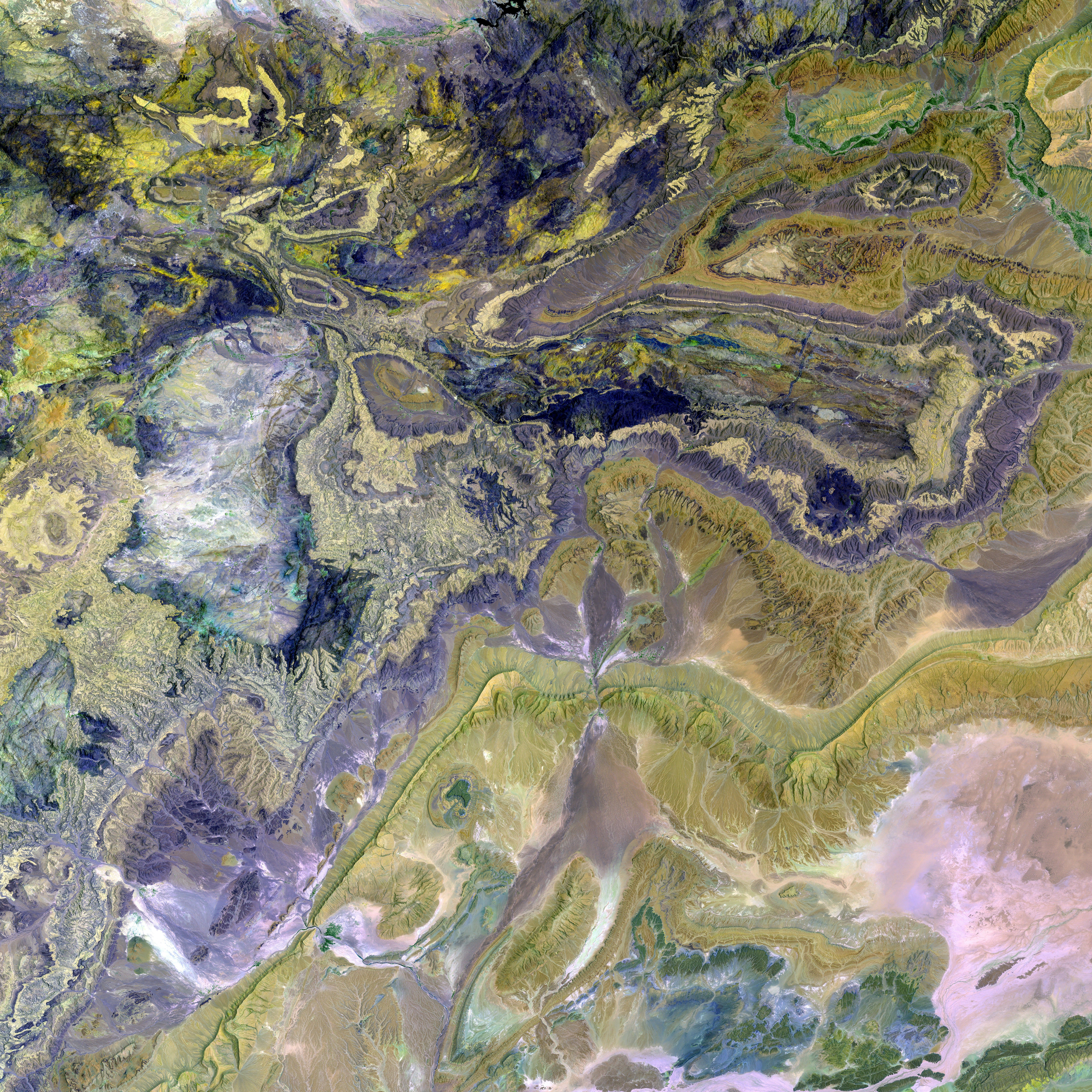Social media account fabrications pose significant challenges, and news organizations serve as critical players in combating this issue.
Faking It: Kuwait's Crackdown on Bogus Social Media Accounts
In a noteworthy move, the Kuwaiti authorities have nabbed a local citizen operating 16 deceptive social media profiles, marking a significant stride in their long-running battle against such accounts. This saga has been ongoing for years, involving multiple government agencies, media outlets, and the public alike.
These accounts have been a double-edged sword, disseminating rumors, hurling insults, fomenting discord, and eroding trust in government decisions. Such activities pose severe political, social, and security risks, as suggested by Al-Rai daily.
The Kuwaiti government views the Ministry of Interior's actions as part of a broader crusade to maintain law and order, safeguard societal harmony, and combat cybercrimes masquerading as media. Leaders frequently caution about the perils of deceptive accounts, highlighting the destructive impact they wield on Kuwait's social fabric.
Media outlets have emerged as crucial allies in this battle, sounding early alarms about social media misuse and counterfeit identities to spread malicious misinformation. Initially deemed extremist, these outlets are now hailed as vital partners in defending Kuwait's institutions and cherished values.
It's essential to note that fake accounts fall under the purview of cybercrime laws, not media regulations. These crimes encompass not just rumor-mongering and insults but also the pilferage of journalistic content to mislead followers and simulate influence.
Kuwait's ongoing campaign against such accounts is viewed as part of a larger anti-corruption drive, reinforcing legal accountability, public trust, and the nation's reform path.
Insight:- Fake accounts in Kuwait are considered cybercrimes and not media offenses. These crimes include rumor-mongering, defamation, and the theft of journalistic content to mislead followers.- The authorities actively enforce these laws, with arrests being made regularly for managing fake social media accounts and spreading misinformation.- Kuwaiti companies and institutions take a proactive approach to combat misinformation, issuing public warnings and relying on official sources for information.- The Interior Ministry is committed to enforcing laws related to cybercrime, including those pertaining to fake accounts and misinformation spread.
- The Kuwaiti government views the crackdown on fake social media accounts as a crucial component in their broader crusade to maintain law and order and combat cybercrimes that masquerade as media.
- Media outlets in Kuwait have played a significant role in raising early alarms about social media misuse and counterfeit identities, which are used to spread malicious misinformation.
- Fake accounts in Kuwait can fall under the purview of cybercrime laws, with activities such as rumor-mongering, defamation, and the pilferage of journalistic content to mislead followers considered as crimes.
- The arrest of a local Kuwaiti operating 16 deceptive social media profiles underscores the government's commitment to safeguarding societal harmony and combating cybercrimes.
- The destructive impact of deceptive social media accounts on Kuwait's social fabric and general news discourse have raised concerns, particularly in the areas of politics, social-media, entertainment, crime-and-justice, and journalistic values.




![Defendant Desires to Speak in Legal Proceedings. (Historical Image) [Image]](/en/img/20250608170442_pexels-image-search-image-description-headline-content-here.jpeg?width=1280&crop=4-3&quality=75)



